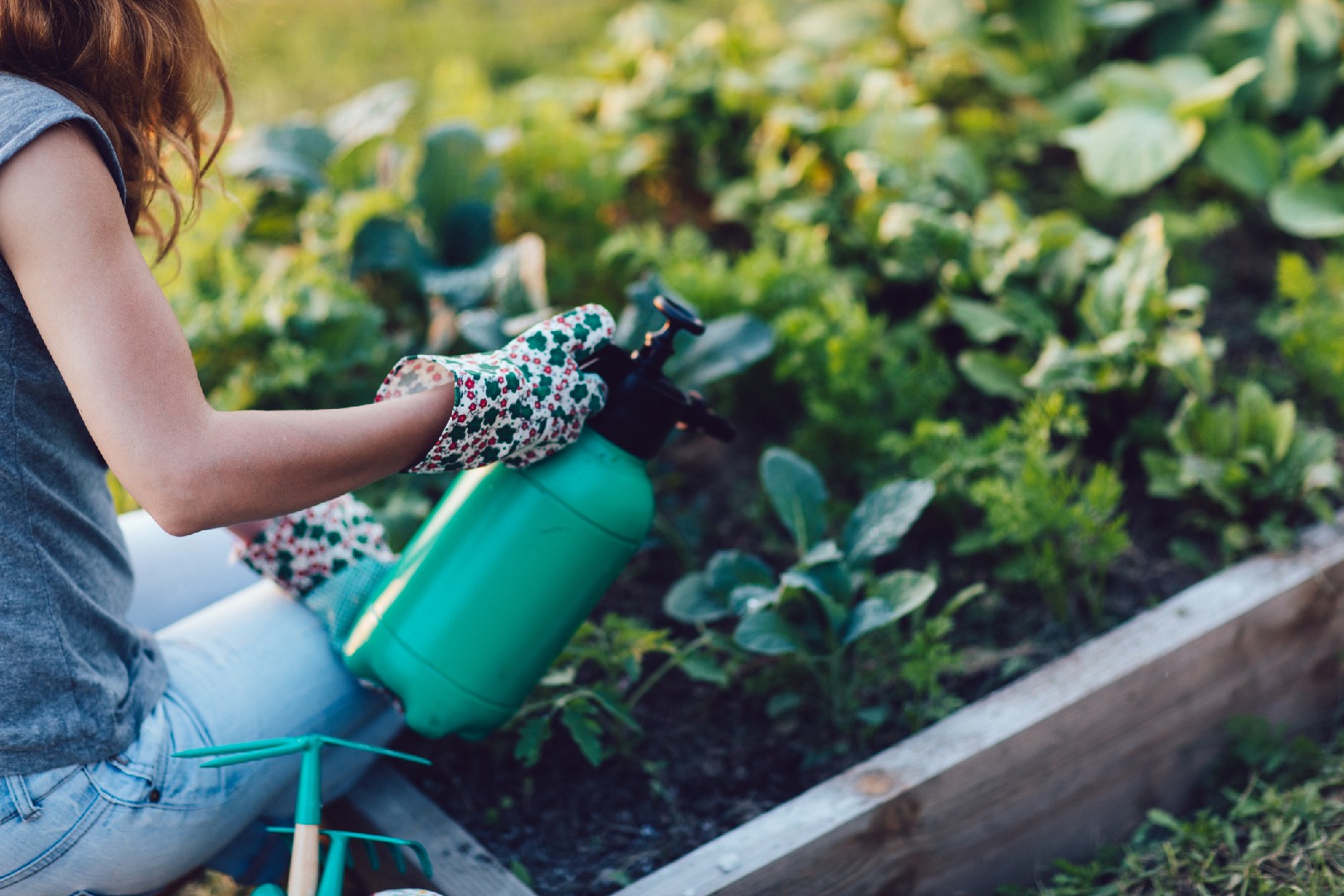![Rectangle]()
Achieving Balance: When To Use Organic Vs. Chemical Methods
In order to keep your vegetable garden safe from pests, it is important to achieve a balance between organic and chemical pest control methods. Understanding when to use each method will ensure the optimal health of your garden and environment.
Organic methods of pest control are effective in certain situations. For example, if you are dealing with a small infestation or have a limited number of pests, organic methods can be a great solution. These methods typically involve the use of natural substances and techniques, such as companion planting, crop rotation, and the use of beneficial insects. By using these organic methods, you can prevent pests from damaging your crops without harming the environment or your own health.
On the other hand, there are situations where chemical control may be necessary. For instance, if you are facing a large-scale infestation that organic methods cannot effectively address, chemical pesticides may be needed. However, it is important to carefully consider the implications of using chemical pesticides. These substances can be harmful to the environment and may have long-term effects on the health of your garden.
In order to achieve the best results, it is recommended to maintain an ongoing preventive pest management plan that blends both organic and chemical methods. This ensures that you are prepared to address any pest problems that may arise while minimizing the negative impact on your garden and environment. A preventive plan can include regular monitoring of your garden, identifying potential pest problems early on, and taking appropriate action to prevent their spread.
When using organic methods, it is important to have a thorough understanding of the specific pests that can affect your vegetable garden. This knowledge will help you choose the most effective organic techniques and substances to deal with these pests. Additionally, learning about different types of beneficial insects and how they can control pests can also be helpful.
Overall, achieving a balance between organic and chemical pest control methods is crucial for the health and safety of your vegetable garden. By recognizing when to use each method, understanding their implications, and maintaining a preventive pest management plan, you can keep your garden safe and thriving while minimizing the negative impact on the environment.





